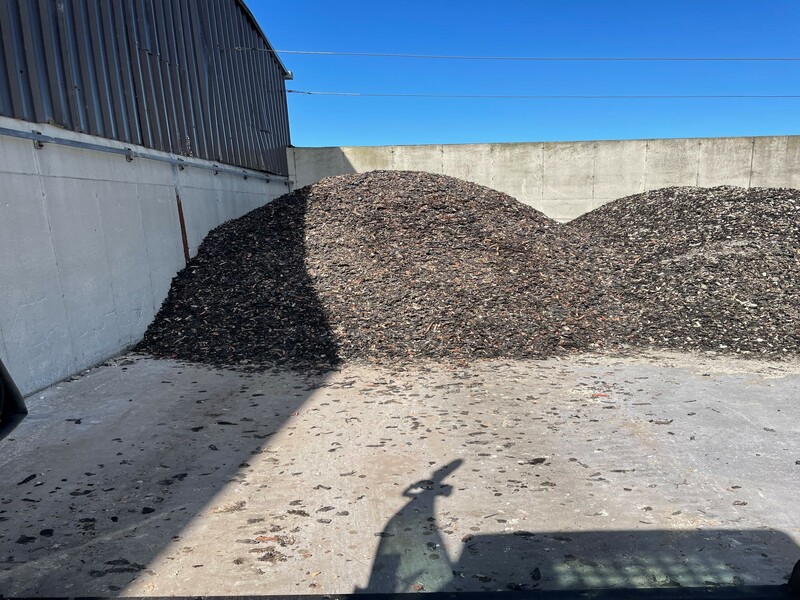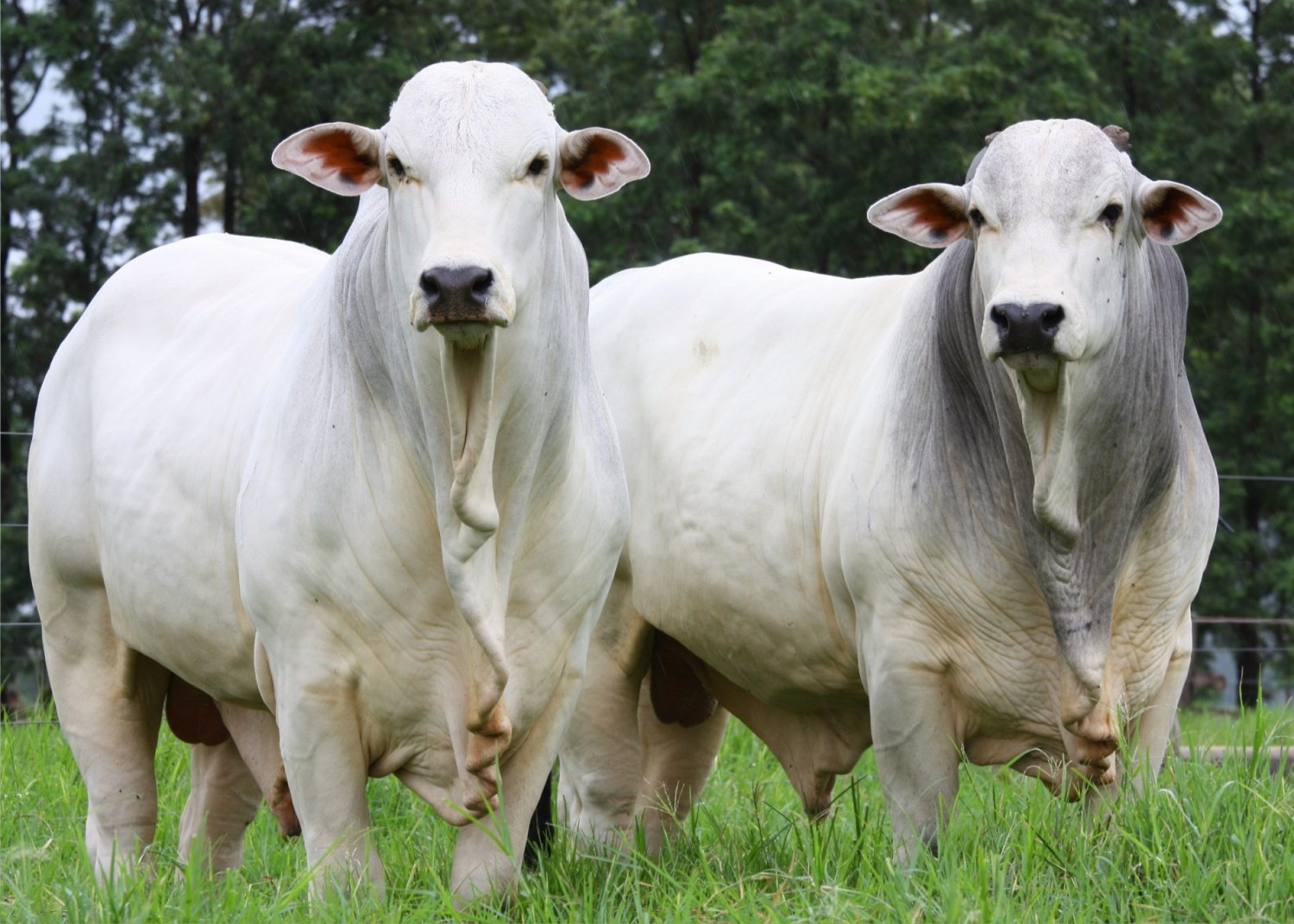A Co. Kerry seafood company is hopeful that its organic soil conditioner made from the shells of crabs could be beneficial for the horticulture sector.
De Brún Iasc Teo, based in Ballinboula, Dingle, was established by Ted Browne in 1984.
He began developing the soil conditioner 15 years ago out of a need to deal with the empty crab shells which had been processed in the factory.
“We were a back of the house operation for 10 years and then we moved into the industrial estate in 1994. We processed crab, prawns and salmon that time, all the fish was landed locally,” Ted told Agriland.
When the company decided to process the body of the crabs in addition to the claws waste became “a big issue”.
“During the season you could have anything between three and four tonnes of waste a day. It was being dumped at sea and that became a problem.
“We were put under pressure by the powers that be to handle our waste. We were actually told that they would turn the key in the door if we didn’t handle it.
“It was then that we started researching the value of the waste,” Ted said.

When the crab shells were initially analysed by a laboratory, Browne was told it only contained calcium carbonate which was useless.
The suggestion was made to try composting the crab shells by a group of food scientists from University College Cork (UCC) during a visit to the seafood factory.
Browne built a small shed initially where the shells were mixed with bark sourced from Crann Na Mona in Co. Galway, but many lessons had yet to be learned.
“We didn’t know what we were at basically. Then one day a tractor was passing with a shovel on the front of it. We opened up the shed and he aerated it and the temperature flew up, then we started building a compost area.
“We had a lot of problems with the smell of it getting the ratio right from the bark to the fish. No matter where I turned I couldn’t get advice,” Ted said.
He eventually got the correct carbon nitrogen ratio following a trip to Belgium with a friend where he met people involved in composting.

The soil conditioner underwent laboratory analysis which showed that the chitin contained in the crab shell acts as a natural biopesticide in the soil.
Chitin, which triggers the immune systems of plant, helps to kill root-feeding nematodes and their eggs, as well as fungal pathogens.
De Brún Iasc Teo first began selling the soil conditioner into the amenity sector, including golf courses and football pitches. The product was also exported to Germany.
Ted Browne has now retired from the seafood business and has passed it over to his son, John.
“I brought the product so far and now John is taking it over and going into the horticultural area with it,” he said.

During the Covid-19 lockdowns, John began growing vegetables in raised beds using the conditioner which he said yielded “very good results”.
He believes that the product, which has secured certified organic status from the Irish Organic Association (IOA), has very promising potential within horticulture.
This organic status led to trial work taking place on three local farms and a polytunnel.
“The initial thoughts are that you don’t have to use as much chemicals with it and it is very good for nematodes and fungal diseases which a lot of polytunnels have at the moment,” John said.
He explained that one farmer in west Kerry who had closed a field for ten years due to an ongoing issue with nematodes was shocked by the effectiveness of the product in solving the problem.
The company is currently working with Celignis Biomass Analysis Laboratory in Limerick to determine the exact properties in the conditioner through weekly soil sampling from the polytunnel.
De Brún Iasc Teo now processes spider crabs which are abundantly available in Tralee Bay less than 50 miles from its factory.
With up to 350 tonnes of waste shell produced annually, John is hopeful that their soil conditioner can be sold across Co. Kerry in the future.



